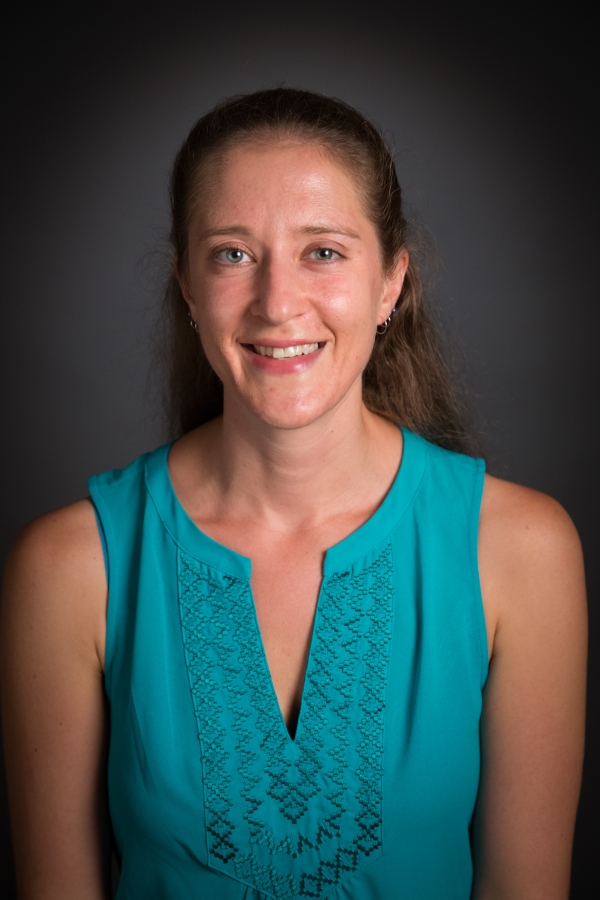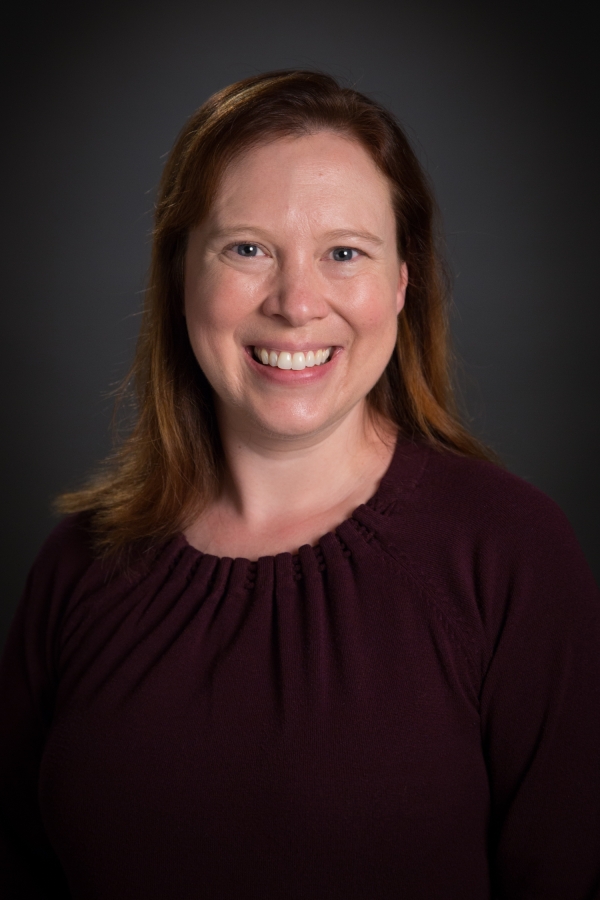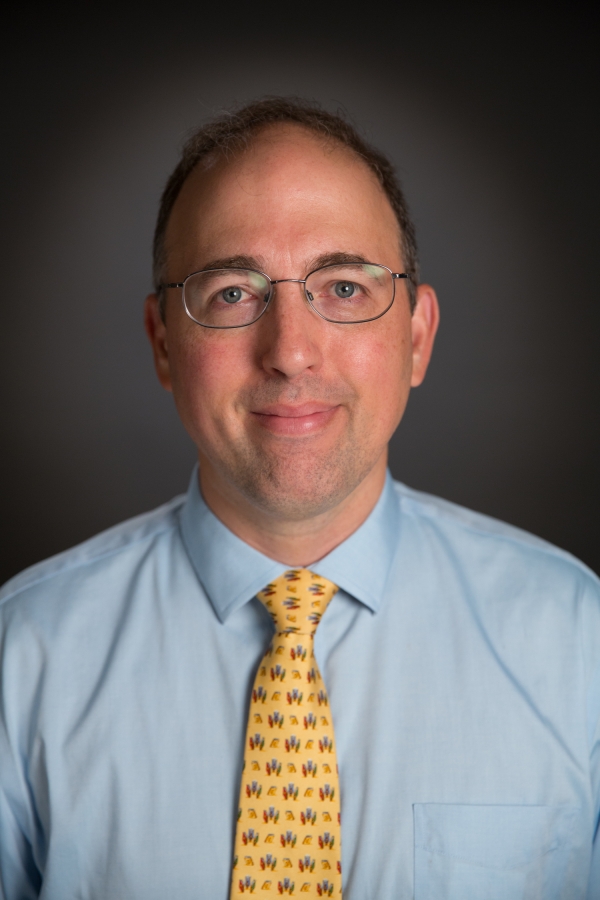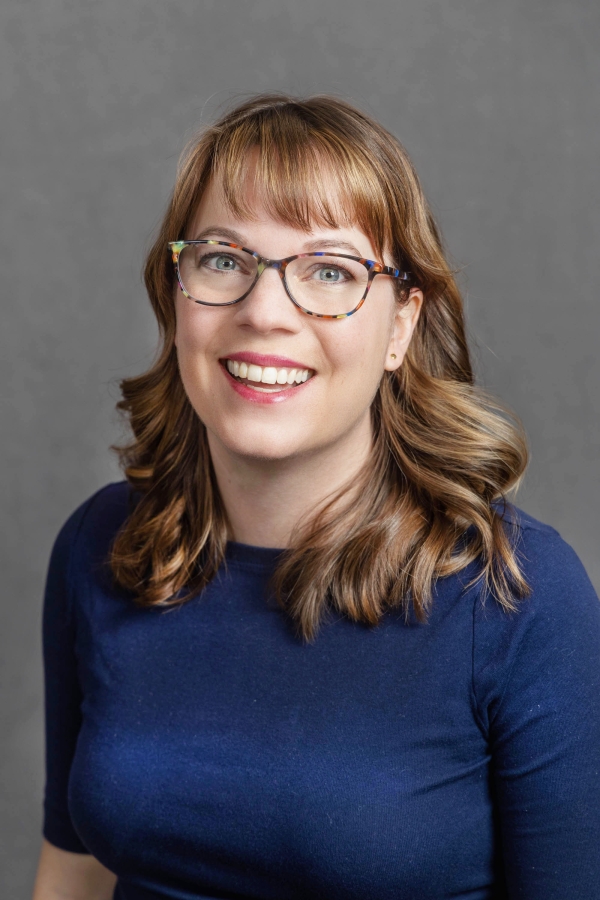You have /5 articles left.
Sign up for a free account or log in.
One reality of higher education in 2024 that seems to be little understood by those outside of universities is that opportunities to participate in high-quality free and low-cost online learning continue to expand.
To highlight one example of these opportunities for lifelong learners, I spoke with four colleagues at HarvardX: instructional design lead Nicole O’Neil, managers of instructional design Casey Roehrig and Nicole Sanderson, and director of HarvardX courses Jascha Smilack.
Q: What are some of the courses learners are taking across the world, and why are they particularly successful? What can learners get out of these courses that they can’t get anywhere else?
Nicole O’Neil: Since its launch in the fall of 2023, Building Personal Resilience has seen high registration and enrollment from learners all around the world. Stress is something that everyone experiences throughout their lives and will continue to experience, so we wanted to make a course to help people navigate stressful experiences with research-proven methods.
However, it can be really difficult for a learner to engage with these skills head-on. So, our course team committed time to scaffolding the skills in a way that learners get many opportunities to practice and feel confident in their skill set before they dive into the difficult task of applying them to their own life and situations. And, of course, our faculty lead, Luana Marques, is incredibly personable and heartfelt in her delivery of the content.
Casey Roehrig: Our University Chemistry and Introduction to Neuroscience MicroBachelors® programs provide learners with a strong foundation in these sciences. In University Chemistry, participants, led by Professor James Anderson, learn how the principles of general chemistry can be used to understand and address critical real-world challenges like climate change.

In Fundamentals of Neuroscience, which is taught by David Cox, learners build their knowledge of the field from individual cells to networks to systems using simulations and hands-on activities. These MicroBachelors® programs make college-level science courses accessible to learners around the world, and participants who complete the programs can make progress towards a degree on a schedule that works for them.
Nicole Sanderson: Learners frequently write to Professor James Engel to let him know how much they feel their writing and speaking skills have improved thanks to their participation in this online course, Rhetoric: The Art of Persuasive Writing and Public Speaking. English language learners, in particular, have cited the course as an excellent opportunity to improve their communication skills.

Unique elements of the course include the ability to annotate famous speeches and see the annotations of the faculty and their peers, the opportunity to write an op-ed and the opportunity to write a speech that is graded by their peers. The course includes instruction on rhetorical structure and devices and how to use them most effectively, the differences between written and spoken rhetoric, and a speaking tips video to help learners communicate their ideas more effectively. The course itself is based around a selection of nine speeches that are also highlighted in the on-campus course, but the lectures from a full semester of the on-campus course are also included. Students report a high level of satisfaction with both.

Jascha Smilack: Guided by Professor Thomas Kelly, this XSeries Program in Classical Works features high-quality performances, detailed musical analysis and interactive exercises and discussions. We were fortunate to have support from the Harvard Radcliffe Orchestra, the Media Production Center, the Music Department and talented graduate students. All of our projects involve a close collaboration between instructional design professionals and media specialists. In this course, we build students’ musical analysis abilities over a series of pieces. Learners can start with any of the five courses, but we recommend taking them in order and beginning with Monteverdi’s L’Orfeo and the Birth of Opera.
Q: How are these courses impacting the lives of learners?
Jascha Smilack: HarvardX courses have a transformative impact on learners by providing them with actionable insights and practical skills that they can immediately apply to their professional and personal lives. Our courses are available to learners worldwide to audit for free or as a very low-cost verified certificate option. Last year, we had nearly five million enrollments in our courses. Additionally, through coordination with global organizations like the Ibero-American Technology Foundation and UniRef, as well as edX’s financial aid program, we strive to have learners from any background engaging meaningfully with the material.
With over 140 courses, from professional topics like computer programming and data science to courses in humanities, science and many more, we see learners growing professionally, personally and as a community—as evidenced by numerous stories from our learners around the world. Here are just a few examples:
“Taking this course was very gratifying on a personal level; it definitely increased my professional skills and I can safely say that it will serve me well throughout my working life. I am from Chile, and being able to access courses of this level online wherever you are is definitely a great opportunity.”
—Diego, On Leadership and Communication professional certificate program
“I have made use of the lessons learned in the course in several significant presentations. I believe that the course will continue to help me to speak effectively and deliver messages at events related to my diplomatic service.”
—Christopher, On Rhetoric: The Art of Persuasive Writing and Public Speaking
“Being a part of the Harvard community of global learners is for me an honor, because Harvard is a school I have always wanted to attend due to its wonderful reputation and its high level of education. And now being able to benefit from their courses online is one achievement I am highly proud of and excited about.”
—Phedorah, On Entrepreneurship in Emerging Economies
“This course has indeed equipped me with valuable knowledge, cleared obstacles in my learning path, and propelled me forward in my research journey. It also provides me the chance to exchange ideas with classmates and instructors, enriching my own thoughts and perspectives.”
—Ethan, On TinyML
Q: What strategies and methodologies does HarvardX employ in designing and delivering online course content? How does the team ensure course content is engaging, effective and conducive to learning outcomes for a global audience with varying levels of prior knowledge and educational backgrounds?
Casey Roehrig: In courses like Fundamentals of Neuroscience, we break down complex topics into manageable pieces, allowing students to learn at their own pace with the help of simulations and extra resources for those who need it. Our flexible, on-demand formats and mix of videos, text and discussions make sure that everyone—no matter their background—can really dive into the material and find it engaging.
Nicole O’Neil: Recognizing that learners will come to our courses with different skill sets and different contexts is important. We make sure our courses cater to all learning styles by offering content in various formats—videos, texts, polls, discussions and more—so that everyone can find something that works for them. Recognizing that learners come from diverse backgrounds, we ensure that our examples and exercises are relevant and engaging for a global audience.

Since 2012, HarvardX has been making a real difference by offering free and low-cost courses that empower learners around the world. With high-quality, accessible content, HarvardX is helping create a more inclusive and educated global community, setting the stage for a brighter future for everyone.








